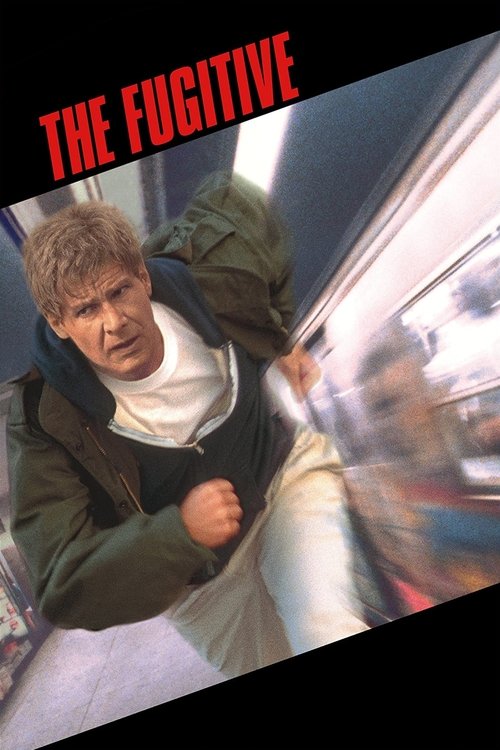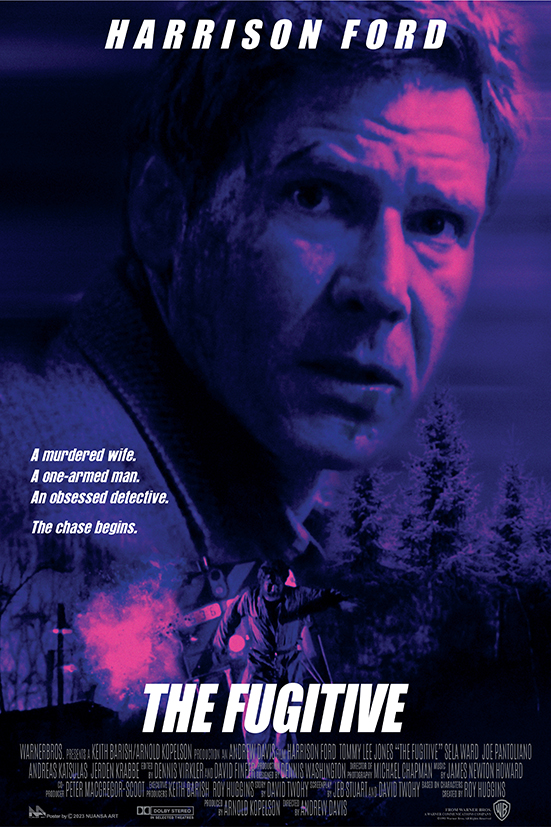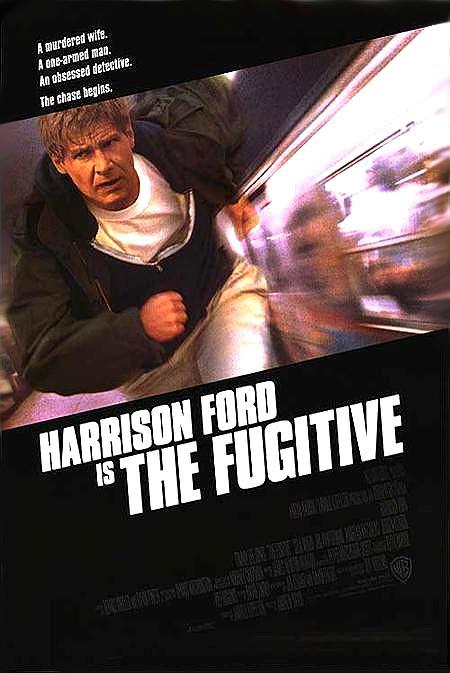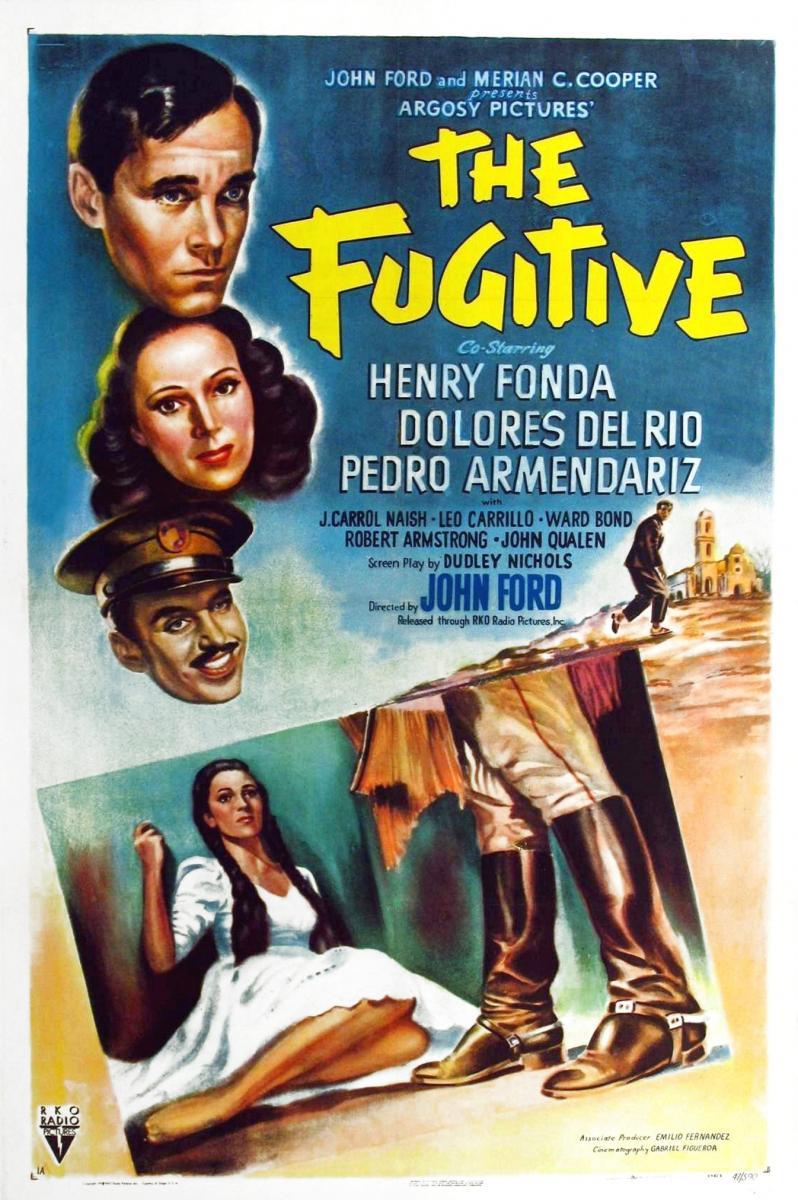Table of Contents
- The Fugitive.1993 | Poster By Nuansa Art
- The Fugitive | IMDb
- The Fugitive (1993)
- The Fugitive Movie's blog
- Images of FUGITIVE - JapaneseClass.jp
- The Fugitive (2015 Remaster) - YouTube
- The Fugitive (1993) - FilmAffinity
- Images of FUGITIVE - JapaneseClass.jp
- The Fugitive | TVARK
- The Fugitive (1947) - FilmAffinity



A Glimpse into the Plot


The show's narrative is expertly woven, with each episode featuring Kimble navigating a new town, meeting new people, and facing fresh challenges. The series' unique blend of suspense, drama, and social commentary resonated with audiences, making it a huge success during its four-season run.


The Impact of "The Fugitive" on Television


The show's themes of justice, morality, and redemption also resonated with audiences, tackling real-world issues and sparking important conversations. "The Fugitive" tackled topics such as racism, poverty, and social inequality, making it a pioneer in addressing social issues on television.

The Legacy of "The Fugitive"
The impact of "The Fugitive" can still be felt today, with its influence evident in many modern TV dramas. The show's success paved the way for other serialized dramas, such as "The Twilight Zone" and "The X-Files," which also explored complex themes and storylines.In 2002, a film adaptation of "The Fugitive" was released, starring Harrison Ford as Dr. Kimble. The movie was a commercial success, introducing the character to a new generation of audiences. The show's legacy extends beyond the screen, with its themes and characters continuing to inspire writers, producers, and actors.
"The Fugitive" TV series is a testament to the power of storytelling and the enduring appeal of a well-crafted narrative. With its gripping plot, memorable characters, and thought-provoking themes, the show has become an iconic part of television history. As we continue to navigate the ever-changing landscape of modern television, "The Fugitive" remains a timeless classic, reminding us of the importance of compelling storytelling and the impact it can have on audiences.If you're a fan of classic TV dramas or simply looking to explore a new series, "The Fugitive" is definitely worth checking out. With its blend of suspense, drama, and social commentary, this iconic show is sure to captivate and inspire, just as it has for generations of viewers.
Note: You can find more information about "The Fugitive" TV series on IMDb.